Yes, Air Purifiers remove pollen, and that is what we are going to talk about in this article. Read complete article to know more about this topic.
Air purifiers are hailed as champions in the battle against allergens like pollen. They’re designed to clean the air in your home by trapping these tiny, pesky particles, making the indoor air cleaner and more breathable. But how potently can they address the pollen problem? In this article, I will help you have some clarity on the question Do air purifiers remove pollen?
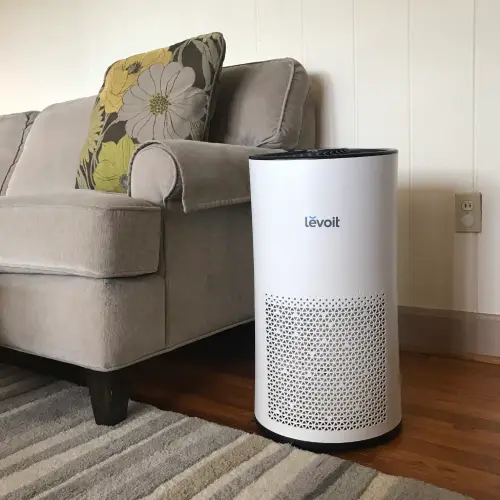
Contents
The Power of HEPA Filters
The secret behind air purifiers’ impeccable resistance in handling pollen lies in their filters. Specifically, air purifiers come with advanced HEPA (High Efficiency Particulate Air) filters These filters are present in the second stage where through a fitnet they block small particles, pollen, granules, and even pet dander.
Small particle capture
HEPA filters excel at capturing particles as small as 0.3 microns. Thankfully, the majority of pollen grains are larger than 10 microns, making them easy prey for HEPA filters. That being said even if a particle defies that trait HEPA filters are competent enough to block any particle.
How Does An Air Purifier Remove Pollen?
Imagine pollen as tiny particles travelling in the air. The HEPA filter acts like a net, trapping these grains as they pass through. Once captured, pollen grains can’t escape, leaving you with fresh, clean air, free from pollen. This is a boon for many especially people who suffer dust or sneezing allergies.
Air purifiers tackle pollen using a combination of filters, airflow, and other technologies. Here’s how they work to capture and remove pollen from the air:
Air Circulation
Air purifiers draw in air from your room through an intake fan. This airflow is essential for the device to capture airborne pollen effectively.
Pre-Filtration
Many air purifiers have a pre-filter, which serves as the first line of defense. This filter captures larger particles, including pollen, to prevent them from clogging the primary filter. By removing larger particles initially, the primary filter can work more efficiently.
High-Efficiency Particulate Air (HEPA) Filter
The heart of most air purifiers’ pollen-fighting capabilities is the HEPA filter. These filters are incredibly effective at capturing particles as small as 0.3 microns, which includes the majority of pollen grains. As air passes through the HEPA filter, the tiny pollen particles are trapped by the fine mesh of fibers within the filter.
Filtration Process
When pollen-laden air passes through the HEPA filter, the filter acts like a net, capturing pollen particles as they travel through the filter’s fibers. These particles become trapped within the filter, leaving the air that exits the purifier much cleaner and virtually pollen-free.
Circulation of Clean Air
After the pollen particles are captured, the air purifier expels clean, purified air back into the room. This continuous cycle of drawing in air, filtering it, and releasing clean air helps reduce the pollen concentration in the room over time.
Particle Size Matters
The effectiveness of an air purifier in tackling pollen depends on the size of the pollen grains. Most pollen grains are larger than 10 microns, while HEPA filters are designed to capture particles as small as 0.3 microns. This means that even larger pollen grains are efficiently captured by the filter.
It’s important to note that air purifiers won’t eliminate every single pollen grain from your indoor air, especially during peak pollen seasons. However, they can significantly reduce the pollen concentration in your home, which is especially beneficial for individuals with pollen allergies. Additionally, air purifiers are most effective when they are appropriately sized for the room and run continuously.
The Effectiveness of HEPA Filters
So, can air purifiers equipped with HEPA filters actually tackle pollen? The answer is a definite “yes.” These purifiers may not eliminate every single pollen grain, but they’ll capture the majority of them. This can make a significant difference in reducing your exposure to pollen and helping you breathe easier, especially during allergy season.
Air Purifiers can help with allergies
The beauty of air purifiers with HEPA filters is that they’re not just pollen busters. They can also be your allies in the fight against a range of other allergens, including:
Dust Mites
Dust mites are tiny creatures found in household dust, and they are a common source of indoor allergies. Air purifiers with HEPA filters can capture even the tiniest dust mite allergens, making your indoor air cleaner and less likely to trigger allergic reactions.
Pet Dander
Many people are allergic to proteins found in the skin cells, urine, and saliva of cats, dogs, and other animals. Air purifiers with HEPA filters can capture airborne pet dander, reducing the risk of allergic reactions. This is crucial for people with animal-specific allergies.
Mold Spores
Mold spores can become airborne and trigger allergic reactions. Once again, HEPA filters efficiently capture mold spores, making air purifiers a valuable tool in mold allergy management.
Efficient Use of Air Purifier to Tackle Allergies
While air purifiers can significantly reduce pollen exposure, combining their use with these additional strategies can enhance your allergy management:
Keep doors and windows closed
During peak pollen seasons, keep your windows and doors closed to prevent outdoor pollen from entering your home. This also helps with an increased life span of your purifier as that would mean that the entry of pollen, and dander in your room is minimal.
Check Pollen Counts
Also, stay informed about local pollen counts, and try to plan your outdoor activities on days when pollen levels are lower.
FAQ
Do air purifiers remove pollen?
They do. Air Filters come with a HEFA filtration stage where small granule components like pet dander and pollen can be trapped on their entry to rooms.
Do air purifiers remove allergies?
It does since it can tackle dust material, pet dander and pollen which triggers sneezing and allergies
Do air purifiers help with allergies to cats?
It does since it traps many items including cat hair, pet dander, etc. There is a strong possibility since cats also have allergens, keeping them away will impact.
Conclusion
If you’re looking for relief from pollen allergies, air purifiers with HEPA filters can be a valuable addition to your allergy-fighting arsenal. They won’t make your home entirely pollen-free, but they can significantly reduce the pollen levels indoors, making your space a more comfortable and sneeze-free zone during allergy season. Remember to combine air purifiers with other best practices for allergy management, and you’ll be well on your way to enjoying cleaner, fresher air at home.

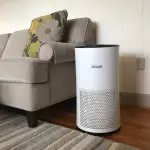
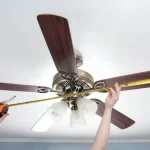
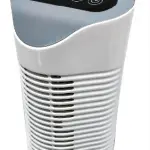
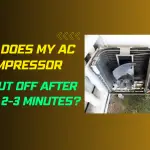
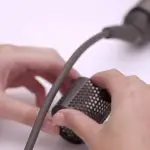

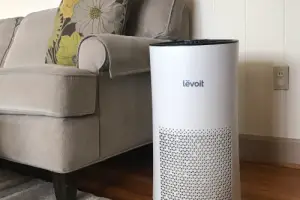
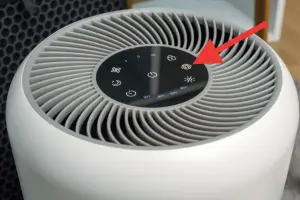
Add Comment